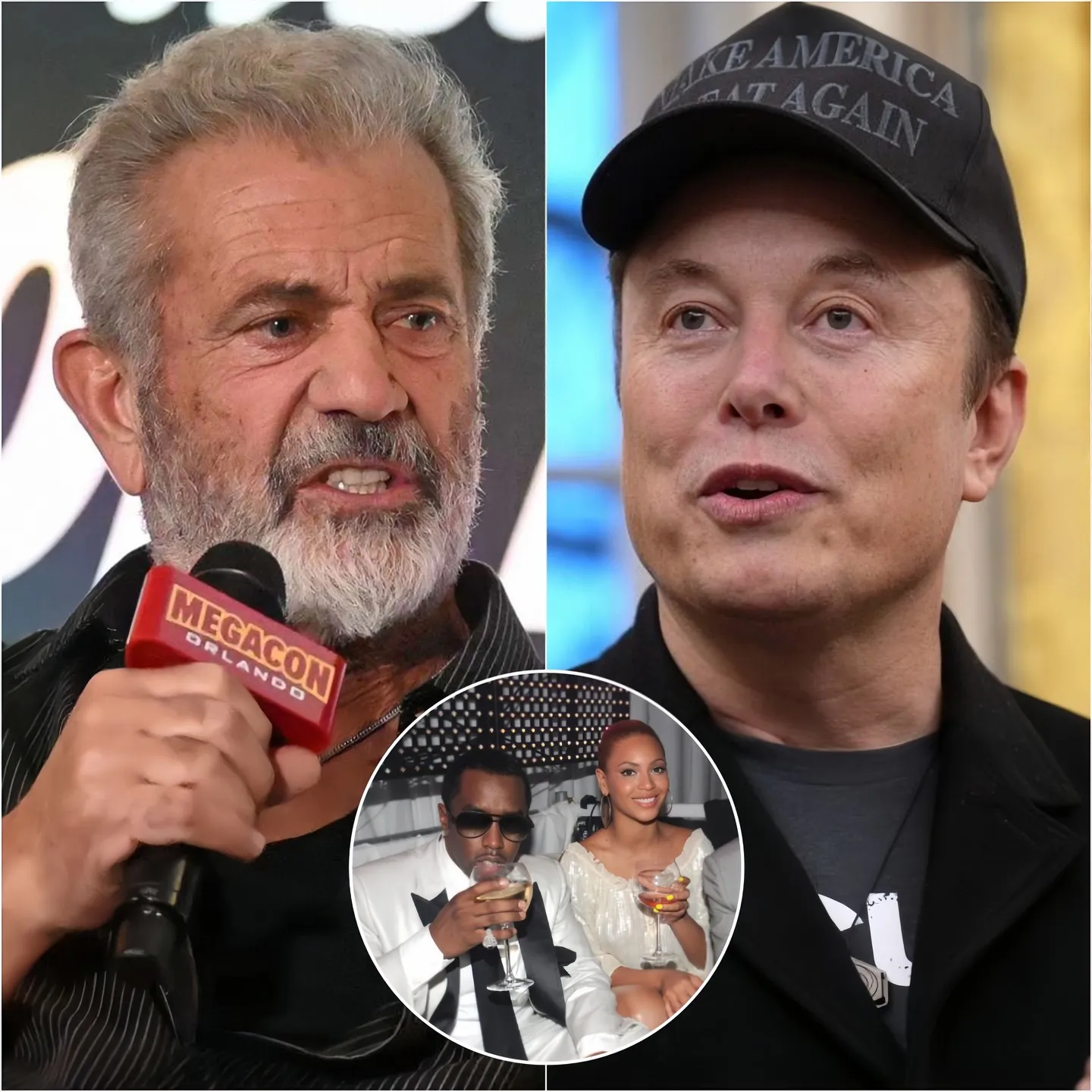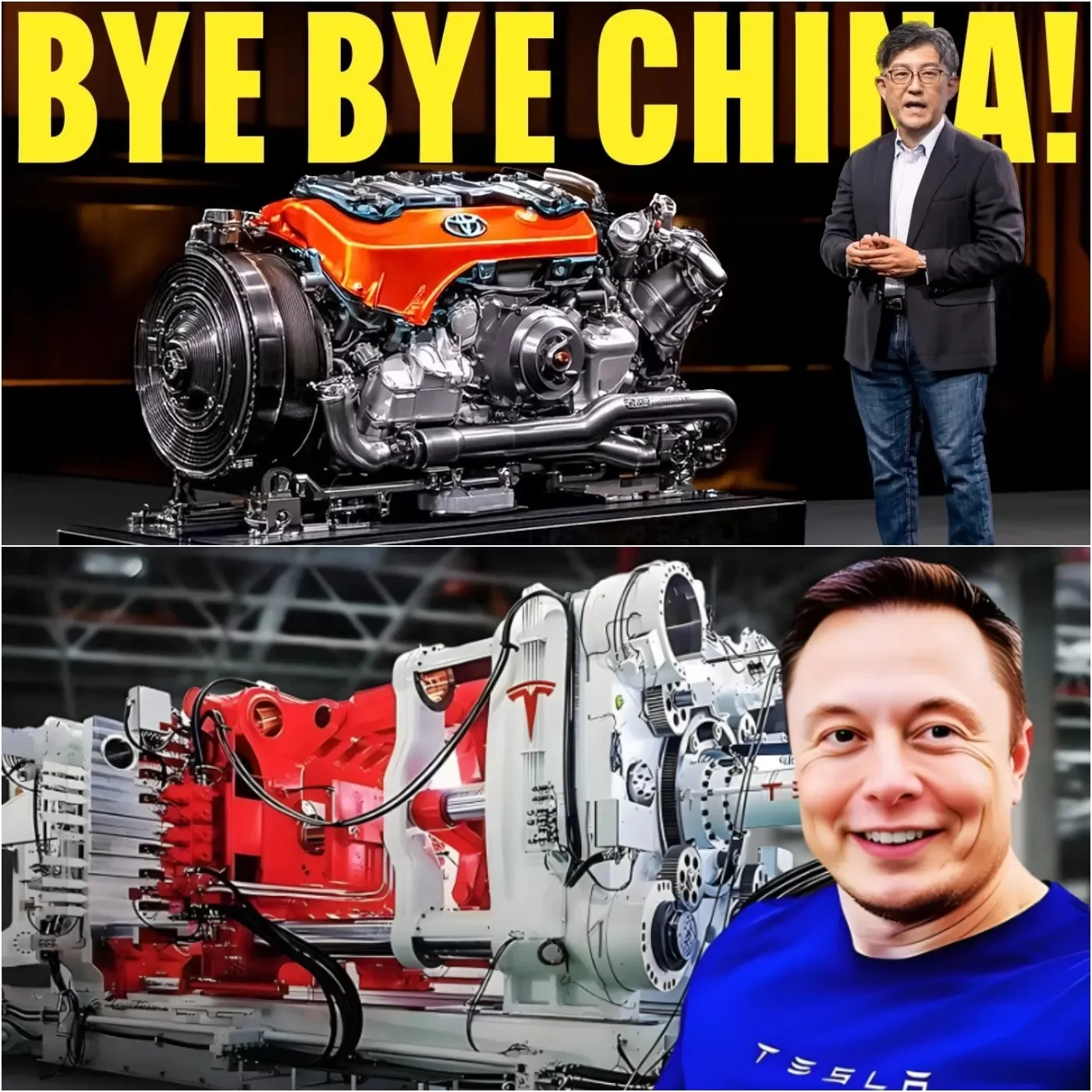In a shocking and satirical twist that has the internet buzzing, tech mogul Elon Musk is reportedly planning to acquire ABC, one of the most prominent broadcasting companies in the United States, in a bid to combat what he perceives as “wokeness” infiltrating mainstream media. While this story is purely satire, it has sparked conversations about media bias, freedom of speech, and Musk’s growing influence in the tech and media landscape.
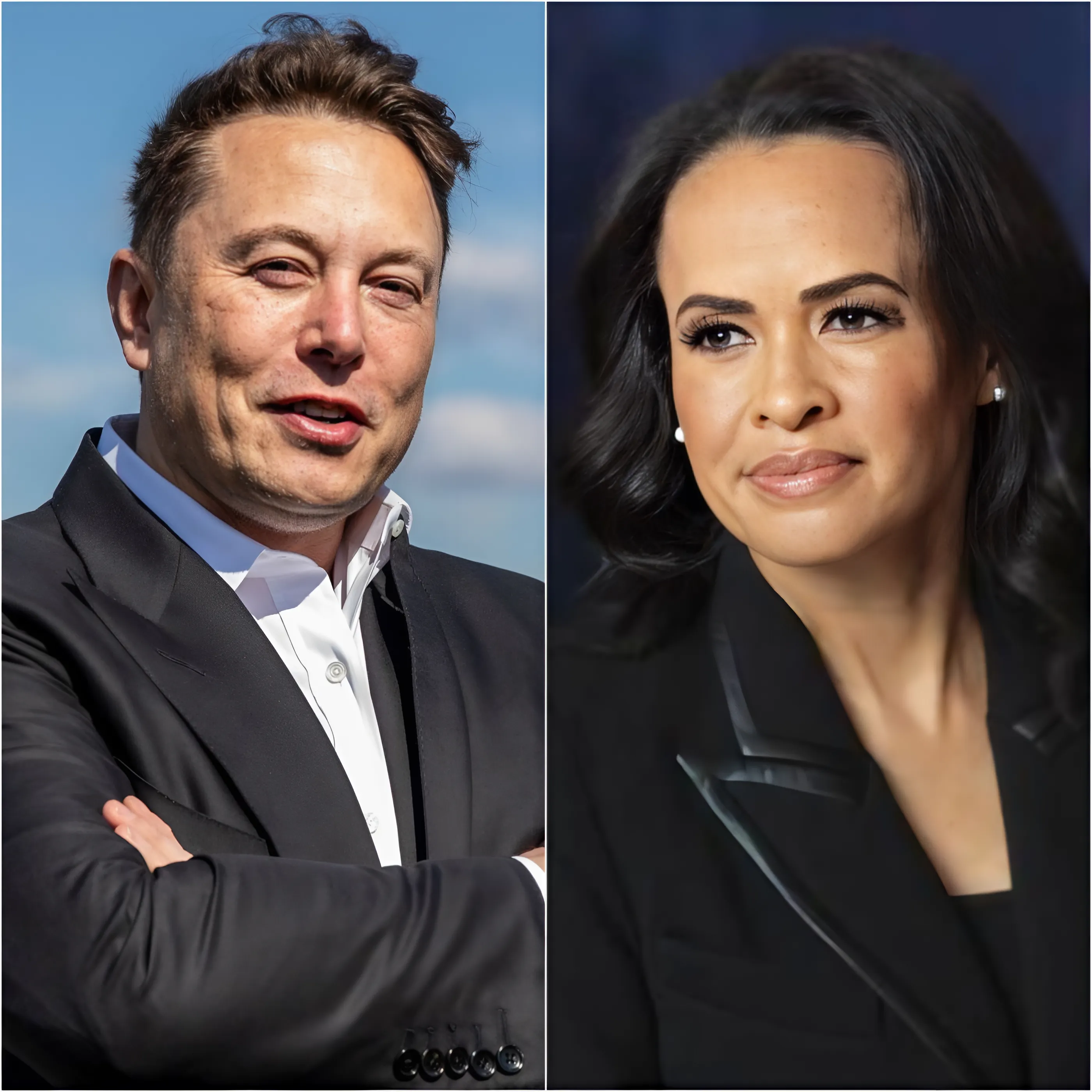
According to fictional insiders, Musk’s motivation stems from his dissatisfaction with how debates and public discourse are moderated on mainstream television networks. In a tongue-in-cheek statement, he was “quoted” as saying, “The moderators spend more time debating the candidates than the candidates themselves. It’s time to replace them with something more efficient, like AI bots or maybe even flamethrowers.” As absurd as this sounds, it’s clear this satirical piece aims to poke fun at Musk’s unconventional ideas and his habit of disrupting industries in unexpected ways.
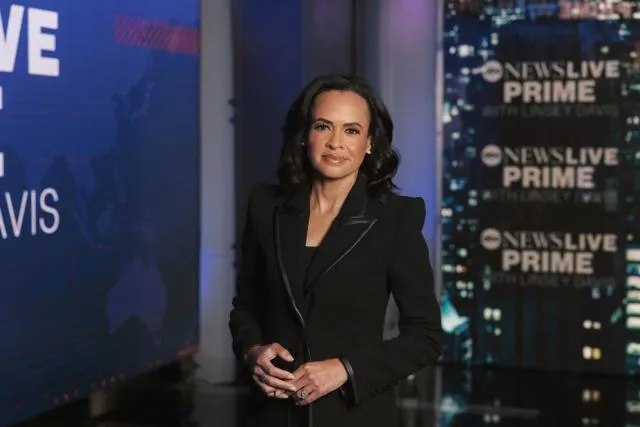
Musk, the CEO of Tesla and SpaceX, is no stranger to controversy or ambitious ventures. From revolutionizing electric vehicles to attempting to colonize Mars, he has consistently pushed the boundaries of what’s possible. His purchase of Twitter (now X) in 2022 further solidified his role as a cultural lightning rod, with many criticizing his handling of the platform while others praised his commitment to free speech. This fictional acquisition of ABC is portrayed as his latest attempt to reshape the way media operates.
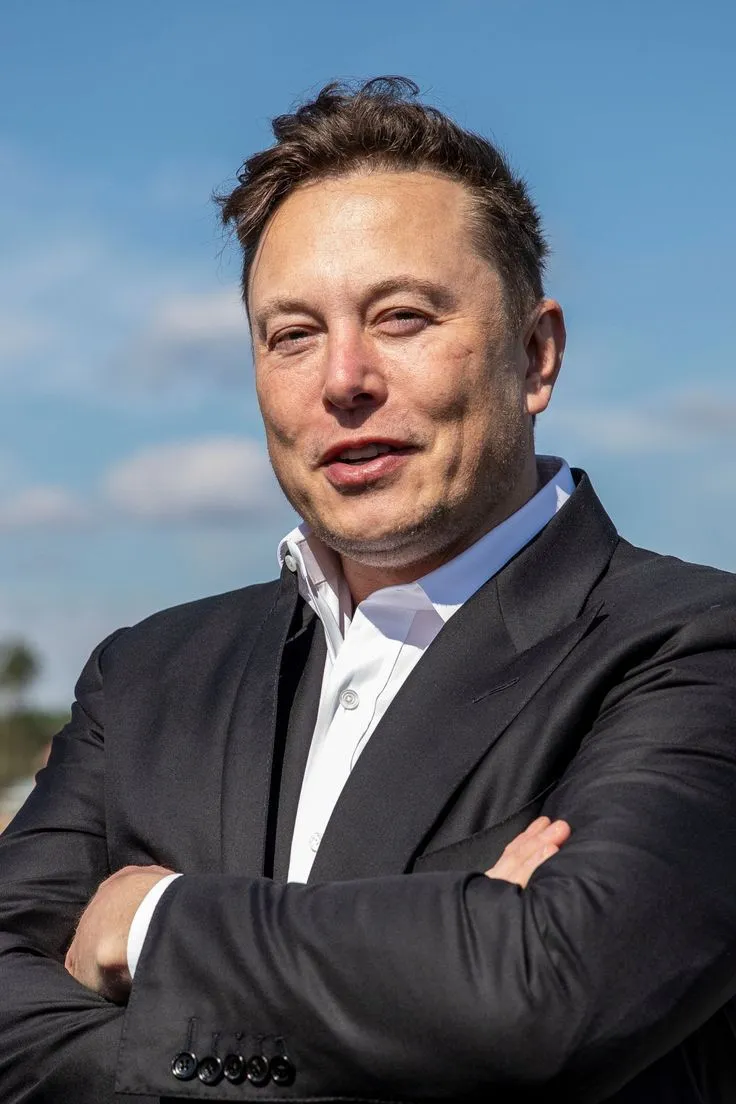
The satirical report humorously details how Musk plans to overhaul ABC’s programming. Gone would be the traditional news segments and talk shows. Instead, viewers could expect live-streamed rocket launches, Tesla updates, and perhaps even a reality show documenting Musk’s day-to-day life. The highlight of this fictional revamp? A new debate format where candidates are placed in Tesla Cybertrucks and must navigate an obstacle course while answering policy questions. The winner, naturally, would be the one who survives both the course and Musk’s relentless commentary.
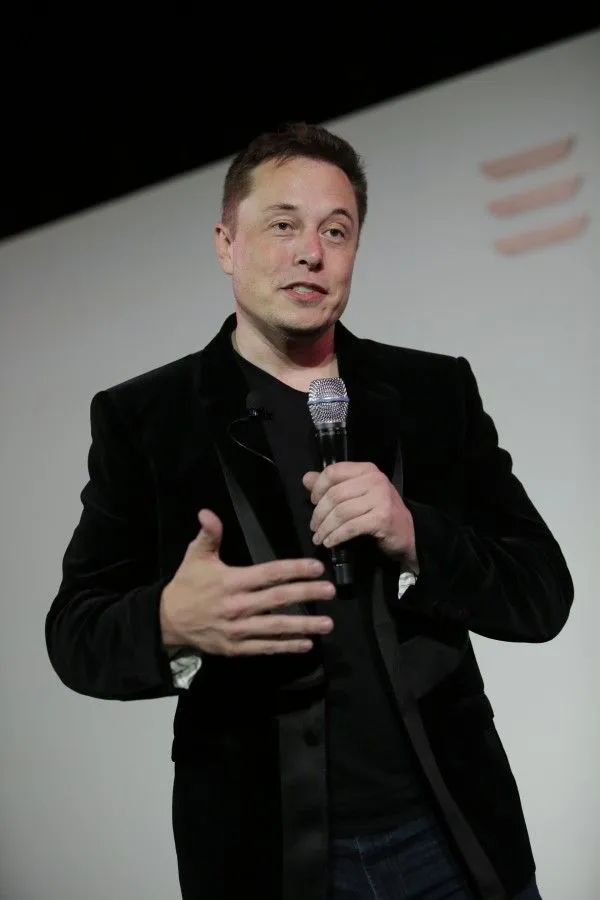
Another satirical element in the story includes Musk’s decision to fire all current debate moderators immediately. “They’ve had their chance,” Musk supposedly said in this parody. “Now it’s time for Dogecoin holders to vote on who gets to moderate. Democracy at its finest.” The inclusion of cryptocurrency in this satire highlights Musk’s well-documented enthusiasm for digital currencies and his penchant for integrating them into various aspects of his ventures.
While the idea of Musk acquiring ABC is purely fictional, it raises real questions about the role of billionaires in shaping public discourse. Musk’s influence has already extended beyond technology into social and political arenas. His outspoken nature on platforms like X often garners both praise and criticism, making him one of the most polarizing figures in modern times.
Critics argue that the consolidation of media under the control of a single individual, especially one as controversial as Musk, could pose risks to journalistic integrity and unbiased reporting. They cite examples of Musk’s tendency to clash with reporters and his apparent disdain for what he considers unfair or inaccurate coverage. On the other hand, supporters believe that his unconventional approach could breathe new life into traditional media, which many see as outdated and overly partisan.
This satirical story also touches on the broader debate surrounding “wokeness” in media and entertainment. Musk has often used his platform to criticize what he perceives as excessive political correctness and cancel culture. By fictionalizing his acquisition of ABC as a move to combat “wokeness,” the satire underscores the cultural divide on this issue and the challenges of finding a balance between inclusivity and free expression.
The article’s humor lies in its exaggeration of Musk’s personality traits and business strategies. For instance, the idea of replacing moderators with AI bots or flamethrowers is a playful nod to Musk’s reputation as a disruptor who thinks outside the box—sometimes to a fault. Similarly, the notion of Dogecoin holders voting on moderators lampoons his love for memes and his ability to turn internet culture into serious business ventures.
Social media reactions to this satirical piece have been predictably divided. Some users find the concept hilarious, praising the creativity behind the fictional scenarios. “Honestly, I’d watch those Cybertruck debates,” one user joked. Others, however, have expressed concern about the implications of such a scenario, even if it’s fictional. “This might be satire, but it’s not that far-fetched given Musk’s track record,” another user commented.
As with any good satire, this story invites readers to reflect on larger societal issues while enjoying a hearty laugh. It’s a reminder that the media landscape is constantly evolving and that figures like Elon Musk play a significant role in shaping public perceptions. Whether you view him as a visionary, a disruptor, or a polarizing force, there’s no denying his impact on the world stage.
In conclusion, the satirical tale of Elon Musk acquiring ABC to eliminate “wokeness” and fire debate moderators immediately is a humorous exploration of his larger-than-life persona and the cultural debates of our time. While entirely fictional, it serves as a mirror reflecting our society’s anxieties and aspirations in an era of rapid technological and cultural change. So, the next time you hear a wild story about Musk, remember to check if it’s satire—but also prepare for the possibility that it might just be true.
